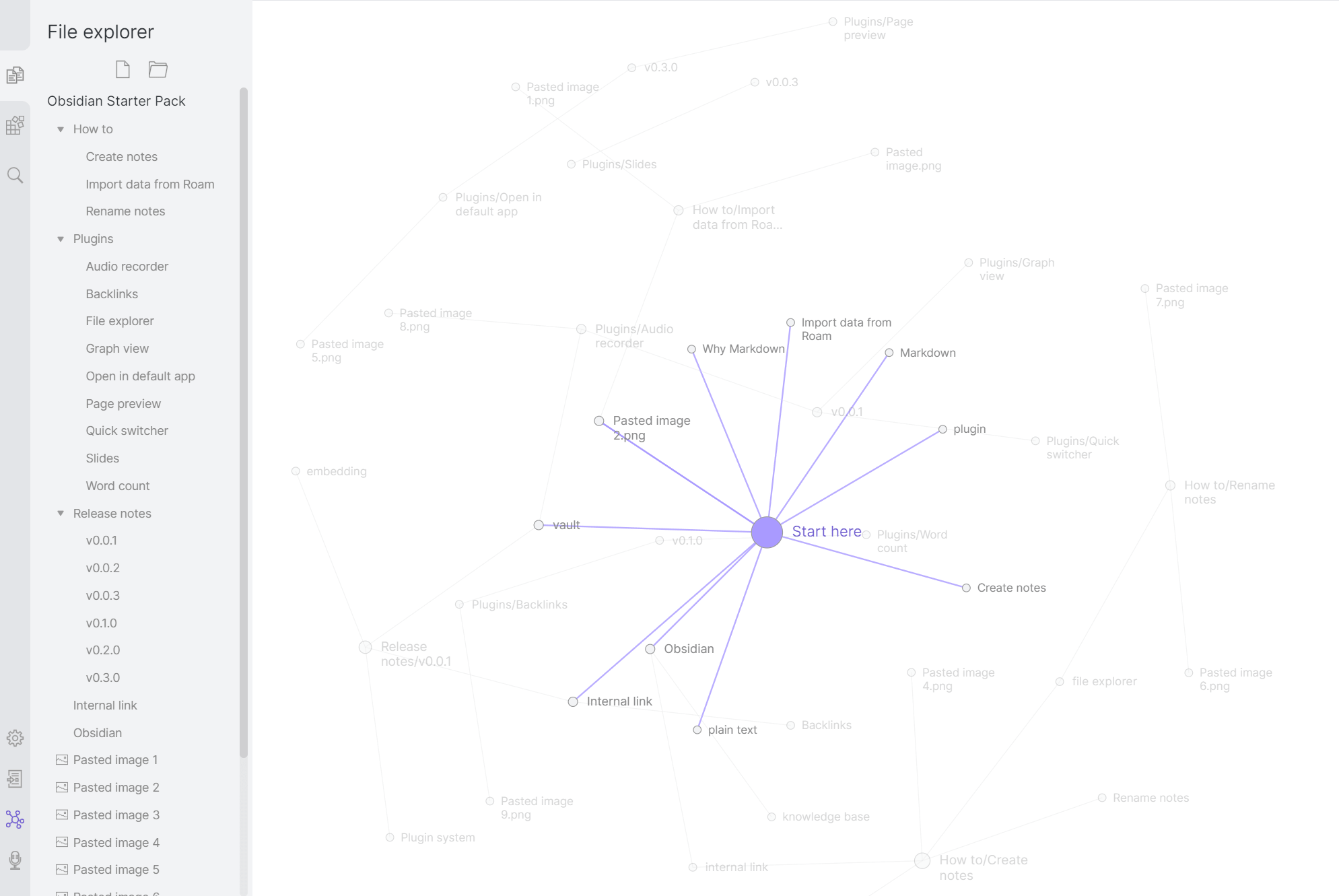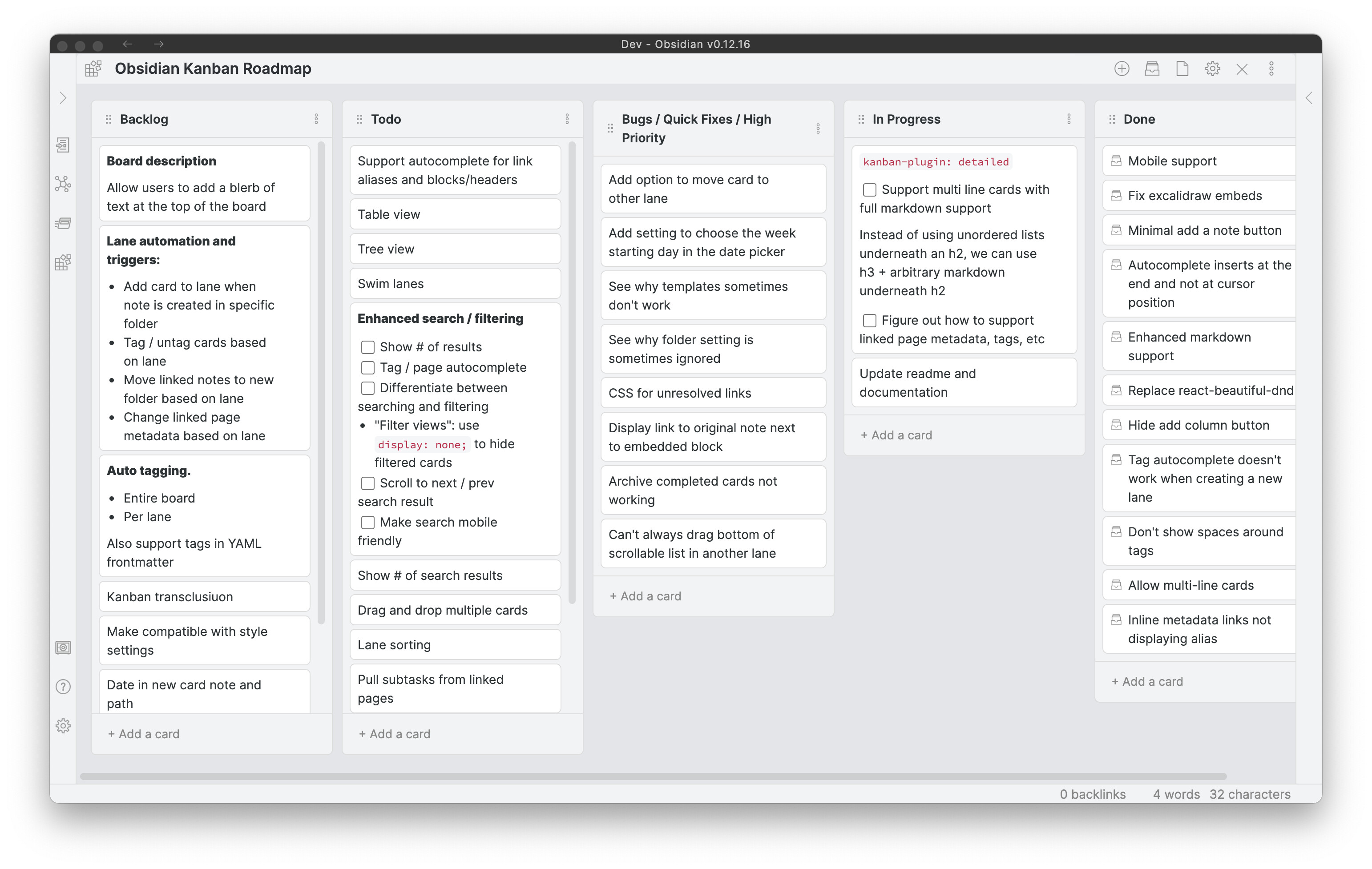Obsidian is a powerful knowledge base on top of a local folder of plain text Markdown files. It's free and it has a vibrant community. One idea is generate .md files with Remember Me's (RM) verses. So you can study Bible seriously with the power of Obsidian's graphs, backlinks, mind maps and tags.
It can be considered another interesting knowledge/productivity tools as: Remnotes, Roam Research or Notion.
Regarding Obsidian you can consider 2 ways: exporting RM's data to Obsidian and importing Obsidian data into RM. Obsidian data consists of basic text-plain files (.md extensions)
Exporting data from RM to Obsidian:
RM can be an useful tool por curating bible stuff from many Bible versions (Valera, Castillian, International, ...) and putting those verses into your favourite text editor with simple plain texts. RM is also a great app for memorizing and tagging verses.
- The basic idea is converting any RM's verse/s into a .md note/s.
- RM's groups (tags) can be migrated as internal links [[ ... ]] within a verse .md note in Obsidian. Internal links will develop your Obsidian's Graph View, revealing also all connections and relationships among your bible verses.

- RM's tabs "New", "Due", "Known" and "All" can also be migrated to Obsian within Kanban's notes. There is an specific Kanban plugin for this. They explain how to create these Kanban notes. So it's possible to create a Kanban panel in Obsidian through RM's data. And it should be easy, no special knowlege is necessary, just exporting RM's data into text files, you can get a panel like this:

Importing data from Obsidian into RM
It can be very useful for students. Creating a correct implementation, they could migrate their plain-text flashcards into RM. So students can edit/correct/curate the verses with RM from many Bible versions.
Bible Grids
Another idea is focusing RM into a "Bible grid provider". One of the great RM's features is providing Bible verses from many sources (Castillian, RV, International, NVIE, ...). Another idea is RM providing "Bible grids" templates. Bible's table of contents in different versions. You can create Bible chapters (grids) - Gn, Ex, Lv, Nm, Dt, ... - and export into plain-text notes. There is a vibrant community in Obsidian working on different approaches in Bible organisation.
Tables of contents and chapters
Table of contents are important for reading books. And there are very few tools to authomate the process. Maybe Zotero - a research, citation and chapter assistant - is an option to manage book indexes, but it's really painful adding manually every Bible chapter into Zotero and then migrate that into Obsidian. Maybe RM could facilitate the workflow providing plain-text with all the Bible books and chapters in different formats.